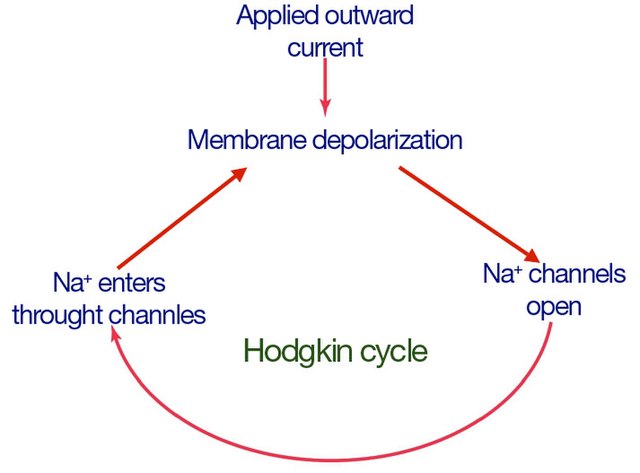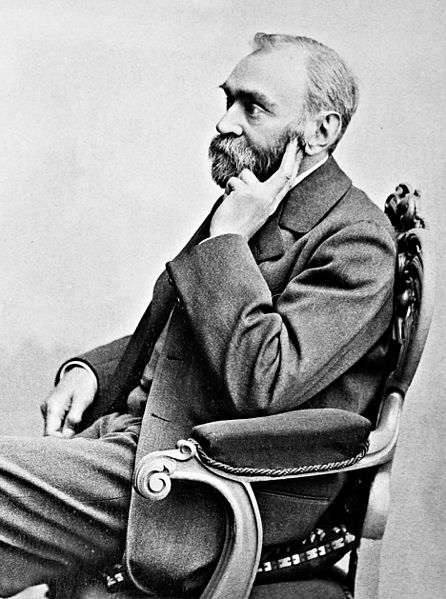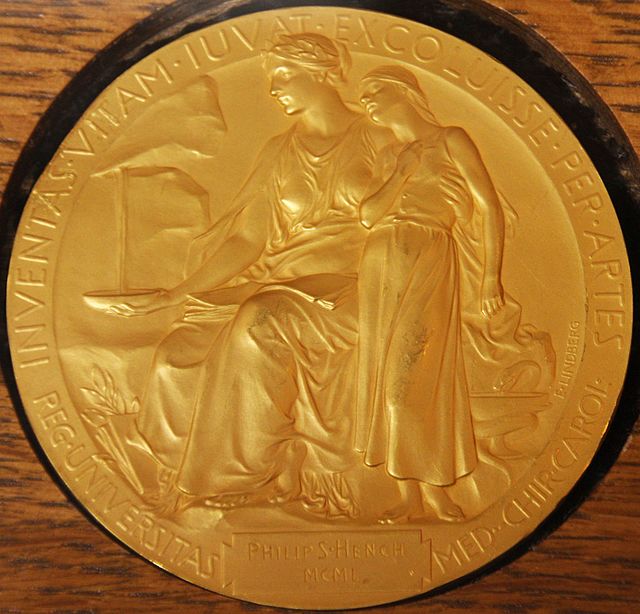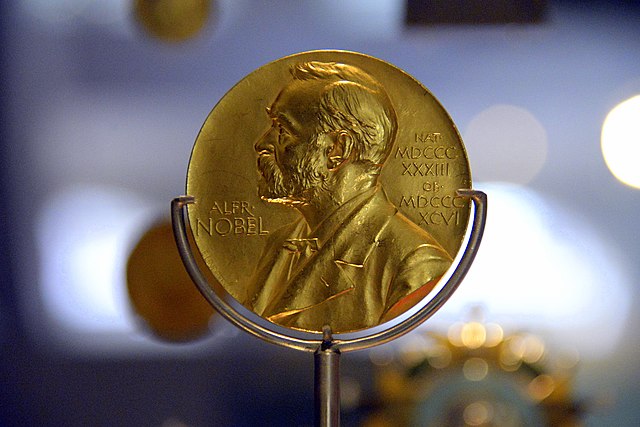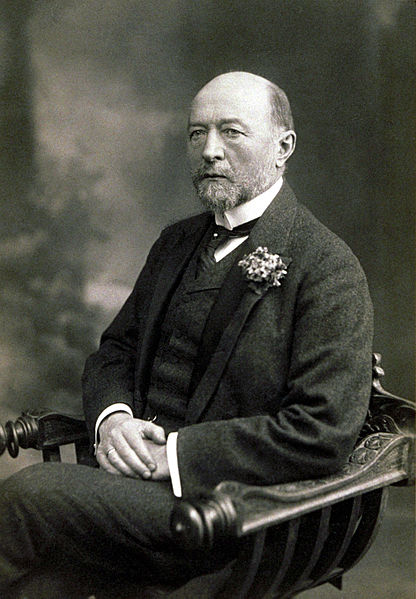Sir Alan Lloyd Hodgkin was an English physiologist and biophysicist who shared the 1963 Nobel Prize in Physiology or Medicine with Andrew Huxley and John Eccles.
Alan Hodgkin
Trinity College at the University of Cambridge where Hodgkin was a student from 1932 to 1935, worked as a research fellow from 1936 on and finally served as Master from 1978 to 1984.
Image: Hodgkin Cycle
Nobel Prize in Physiology or Medicine
The Nobel Prize in Physiology or Medicine is awarded yearly by the Nobel Assembly at the Karolinska Institute for outstanding discoveries in physiology or medicine. The Nobel Prize is not a single prize, but five separate prizes that, according to Alfred Nobel's 1895 will, are awarded "to those who, during the preceding year, have conferred the greatest benefit to humankind". Nobel Prizes are awarded in the fields of Physics, Medicine or Physiology, Chemistry, Literature, Economics and Peace.
Nobel was interested in experimental physiology and set up his own laboratories.
The reverse side of the Nobel Prize for Physiology or Medicine
Alexander Fleming's 1945 Nobel Prize medal for Physiology and Medicine on display at the National Museum of Scotland, Edinburgh.
Emil von Behring received the first Nobel Prize in Physiology or Medicine in 1901.



